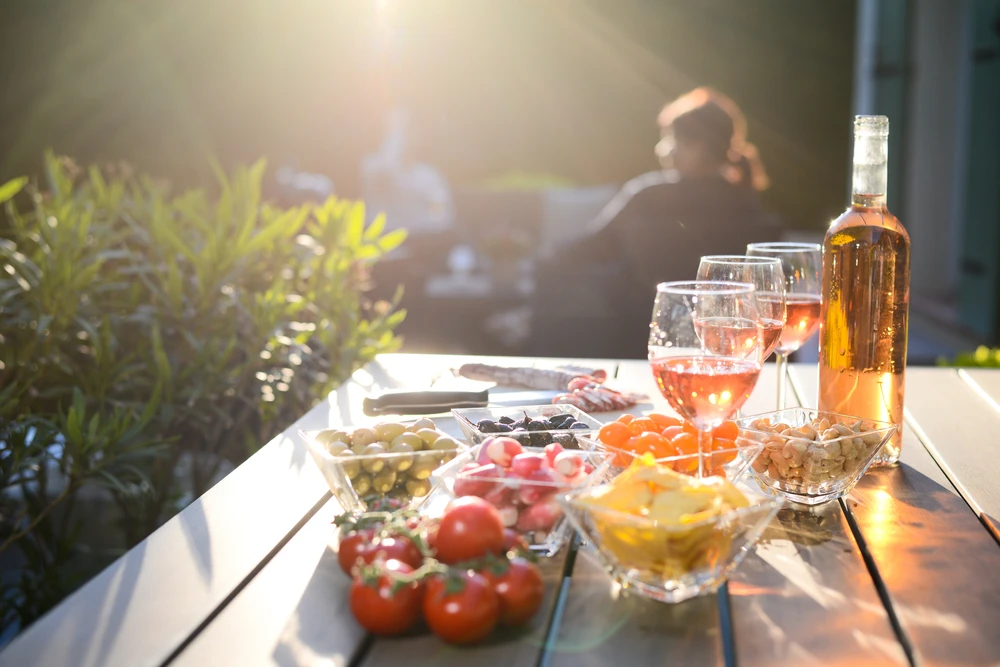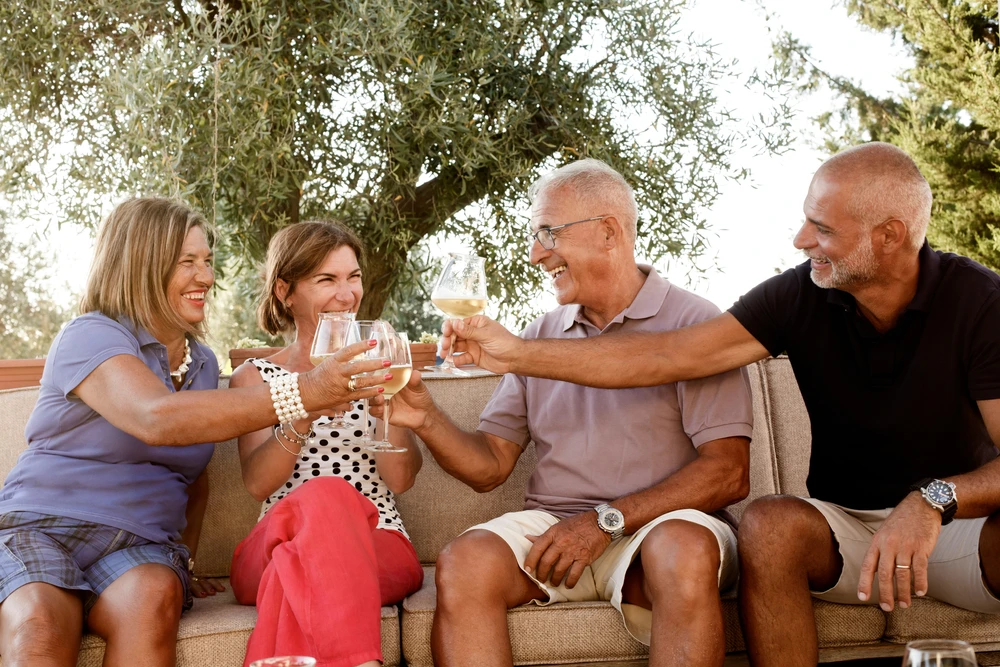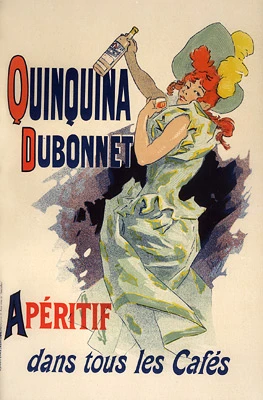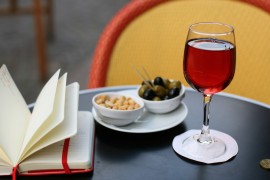Here is the summary of the article you are about to read:
In France, the apéritif is served before the main meal, typically between 6:30 and 8 PM. It consists of a drink (alcoholic or not) accompanied by small salty items: olives, chips, cheese, charcuterie. Its function is threefold: stimulate appetite, provide a social transition toward the meal, and establish a polite waiting period. It is part of a recognized and structured French culinary protocol.
What is the French aperitif?
It's a good idea to specify "French", because we're not the only ones to have invented a time for drinks and nibbles with friends. The Italians make antipastis, and the Spaniards the famous tapas. In France, it's a different way of doing things. You can drink the aperitif on your own, but very often it's a rite. You get together with people you like, chat and always try to add some humor to the conversation. You can do it before lunch, or before dinner, although dinner is more common. It's also a vacation get-together, the aperitif symbolizing a moment of relaxation that we treat ourselves to.
The aperitif is ready / photo by JP WALLET/Shutterstock.com
What do the French drink and eat during an aperitif?
Nowadays, it's all about the wine. White, rosé (especially in summer), red. Of course, it can also be done with beer, or even champagne. And you can always drink aperitifs like Dubonnet, Martini etc.... At the very least, we'll accompany it with a few peanuts or chips. Slices of sausage are often welcome, but we can also munch on vegetables like cherry tomatoes, carrots and broccoli, dipping them in a little sauce, a little mayonnaise for example.
The aperitif is now mostly wine / photo by Yulia Grigoryeva/Shutterstock.com
When inviting guests to your home, it's always a good idea to add a few savory preparations with puff pastry, or small toasts accompanied by a little tapenade, that delicious puree of green or black olives. For some years now, you've been able to enjoy aperitif dinners in cafés by ordering a "plank". When you have an aperitif dinner at home, it's looking more and more like Spanish tapas, as you're offered several dishes made up of bite-sized morsels that are easy to bite into. Some people just put in enough to make tartines, others make verrines with more elaborate things.
Beware: if you're invited to an apéro-dînatoire, it'll be the only meal of the evening! A fine tradition that the apéro, and one that continues to grow in importance in the social lives of the French. It proves that they still have a sense of conviviality.
Ideas and recipes for a French aperitif
Aperitif and cheese accompaniment/ photo by Nick Starichenko/Shutterstock.com
An aperitif dînatoire replaces a full meal with a succession of small bites. Here are a few easy recipes:
Quick savoury bites
-
Mini-tartines: toast + fromage frais + smoked salmon + dill.
-
Aperitif brochette: cherry tomatoes, mozzarella balls, basil and a drizzle of olive oil.
-
Express puff pastry: puff pastry + ham + grated cheese, rolled and cut into spirals.
-
Homemade rillettes: tuna + fromage frais + lemon, spread on blinis.
-
Mini-quiches without pastry: egg-cream-cheese mixture, topped with bacon or vegetables, baked in muffin tins.
An aperitif for two StockPhotosLV
Sweet gourmet side
-
Sweet verrines: Greek yogurt + honey + walnut slivers.
-
Fresh fruit skewers: melon, watermelon, grapes, strawberries.
Aperitif drinks in France
In France, aperitif is also what we drink. Here's a representative list of French aperitif drinks :
Classic alcoholic aperitifs
-
White wine (often dry, such as Muscadet, Chablis, Riesling)
-
Chilled rosé wine, very popular in summer
-
Light red wine (Beaujolais, light Côtes-du-Rhône)
-
Blonde, white or amber beer (often served on draught)
-
Pastis (especially in the south, with cool water)
-
Kir (white wine + crème de cassis, peach, blackberry...)
-
French-style spritz (crémant + orange syrup or liqueur)
-
Regional aperitifs: Pineau des Charentes, Floc de Gascogne, Picon bière, Suze, Byrrh, Lillet...
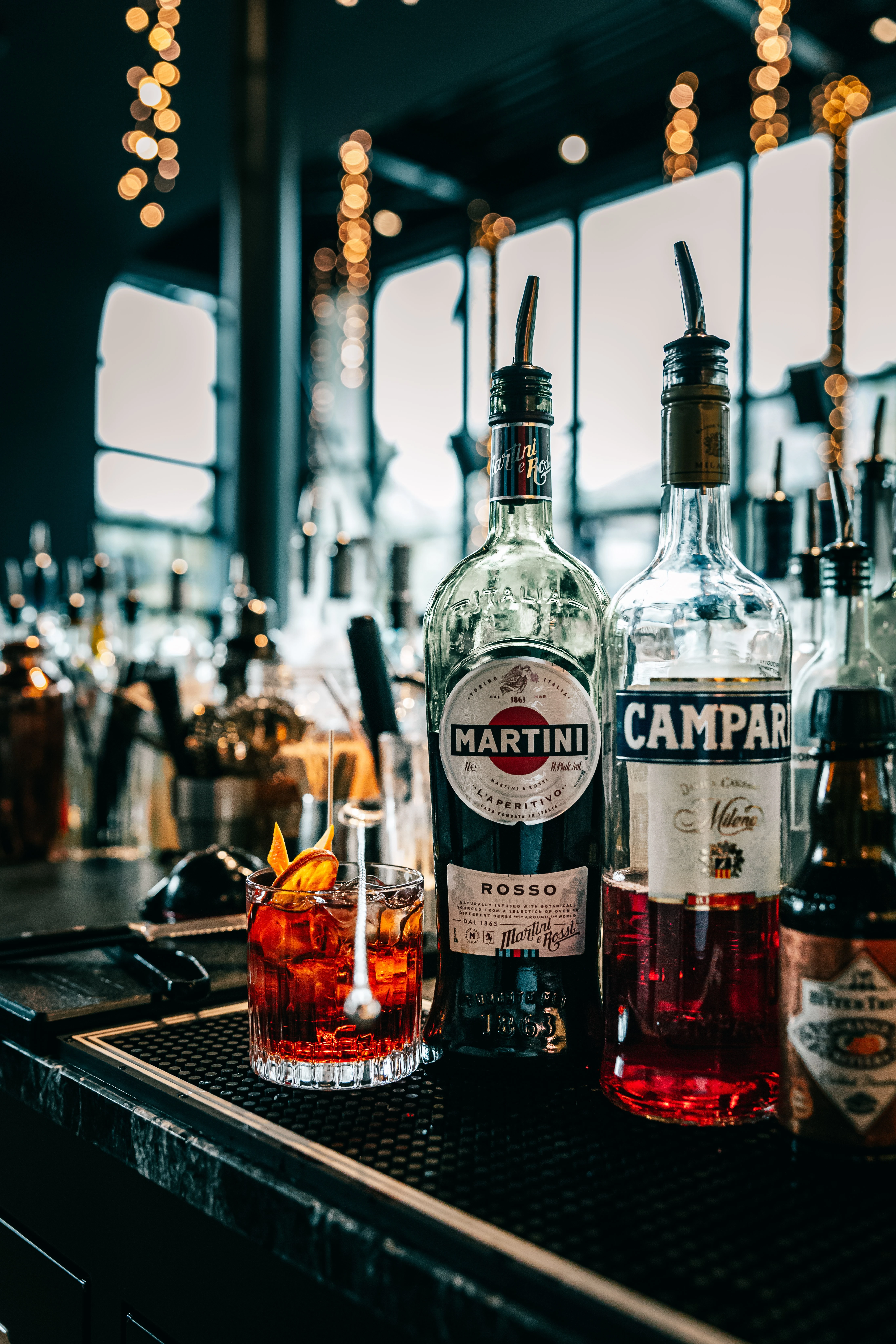
Aperitif drinks : Photo by Alessio Zaccaria on Unsplash
Alcohol-free aperitifs (always useful)
-
Fruit juices (orange, apple, grape, tomato)
-
Sparkling water with lemon slice
-
Homemade mocktails (e.g. apple juice + ginger + mint)
No age for aperitifs! photo Alessandro Pintus shutterstock.com
The origins of the aperitif in France
The first aperitif drinks in antiquity
If we look back through our old grimoires, we realize that the aperitif is as old as time itself. In fact, the word comes from the Latin "aperire", meaning "to open". In this case, "to whet the appetite". The Romans used to do this before banquets, by drinking wine and a few decoctions of plants supposed to open the appetite, or facilitate digestion. And make it easier all the way, since laxative drinks were also served... Having said that, before the Romans, 5000 years ago, the Egyptians enjoyed a little "heneqet" by sharing a few dates while drinking a lukewarm beer. The ancient Greeks treated themselves to "symposions", by which they meant "a drinking rendezvous". They used the occasion to philosophize (and the French still do, just listen to them at the aperitif!).
Knights and the tradition of toasting in the Middle Ages
A banquet in the Middle Ages / 15th-century drawing / Source: wikicommons
Even before the long-running banquets with minstrels and company, knights enjoyed a few drinks and nibbles. They used to clink their glasses to mark friendship and avoid poisoning.We were already saying "health" because we thought drinking wine "washed" the body and was good for health. We also looked into each other's eyes, to probe the guest's soul. A tradition that has remained, reinforced by the superstition of "7 years of sexual misfortune" if you don't look your neighbor in the eye.
The word "trinquer" comes from the German "trinken", meaning to drink. As for "tchin tchin", it is said to have been popularized by the English in imitation of the Chinese "tsin tsin".
Aperitifs in the 19th century: cafés, conviviality and Napoleon III
Among the wealthy, notably at the court of Emperor Napoleon III, the habit of a moment to chat over white wine or cognac, while nibbling on toast, particularly tapenade, was established. The rural exodus and the development of cafés led to an explosion in the practice of apéro in France. Young people called up for military service also spread it.
The Dubonnet, a popular medical aperitif
In 1846, in Paris near the Opera, chemist Joseph Dubonnet invented a cinchona-based drink to combat malaria. Too bitter, he added herbs and wine, giving birth to Dubonnet. Acclaimed by the Légion Étrangère, it became popular by word-of-mouth.
An advertisement for Dubonnetby Jules Cheret via Wikipedia
The great French aperitif classics
When it comes to French aperitifs, there are a few staples that everyone can agree on. They're simple, quick and always appreciated:
-
Plain or flavoured chips
-
Salted roasted peanuts
-
Aperitif biscuits (TUC, pretzels, Curly, etc.)
-
Green or black olives (often flavored with herbes de Provence)
-
Diced cheeses (comté, emmental, cantal...)
-
Dry sausage, thinly sliced
-
Cherry tomatoes (sometimes served with mozzarella and basil)
👉 It's the convivial, no-fuss side: we get out the bowls and toast!
FAQ – Understanding the French aperitif
What is the aperitif in France?
It is a moment of sharing before a meal, where people have a drink and nibble on appetizers.
What do the French drink as an aperitif?
Wine, pastis, beer, champagne, Dubonnet, Martini, and spritz are the most common drinks.
What is the difference between tapas and antipasti?
Tapas are Spanish, antipasti are Italian. The aperitif is specifically French and focuses on conviviality.
Why do we say “cheers” when toasting?
Historically, it was believed that wine “cleansing the body” was good for your health. Today, it has become a symbol of conviviality. in France we say "santé" or "tchin-tchin".

